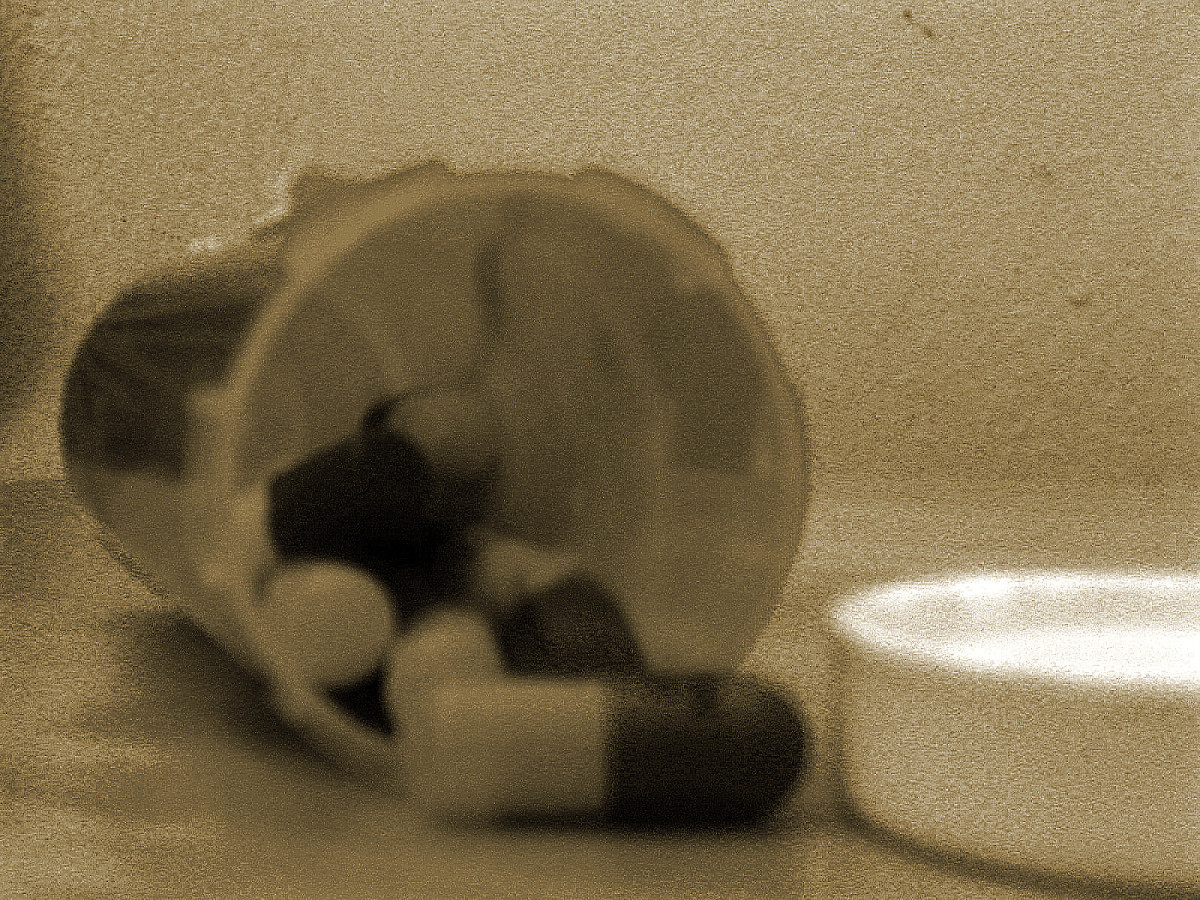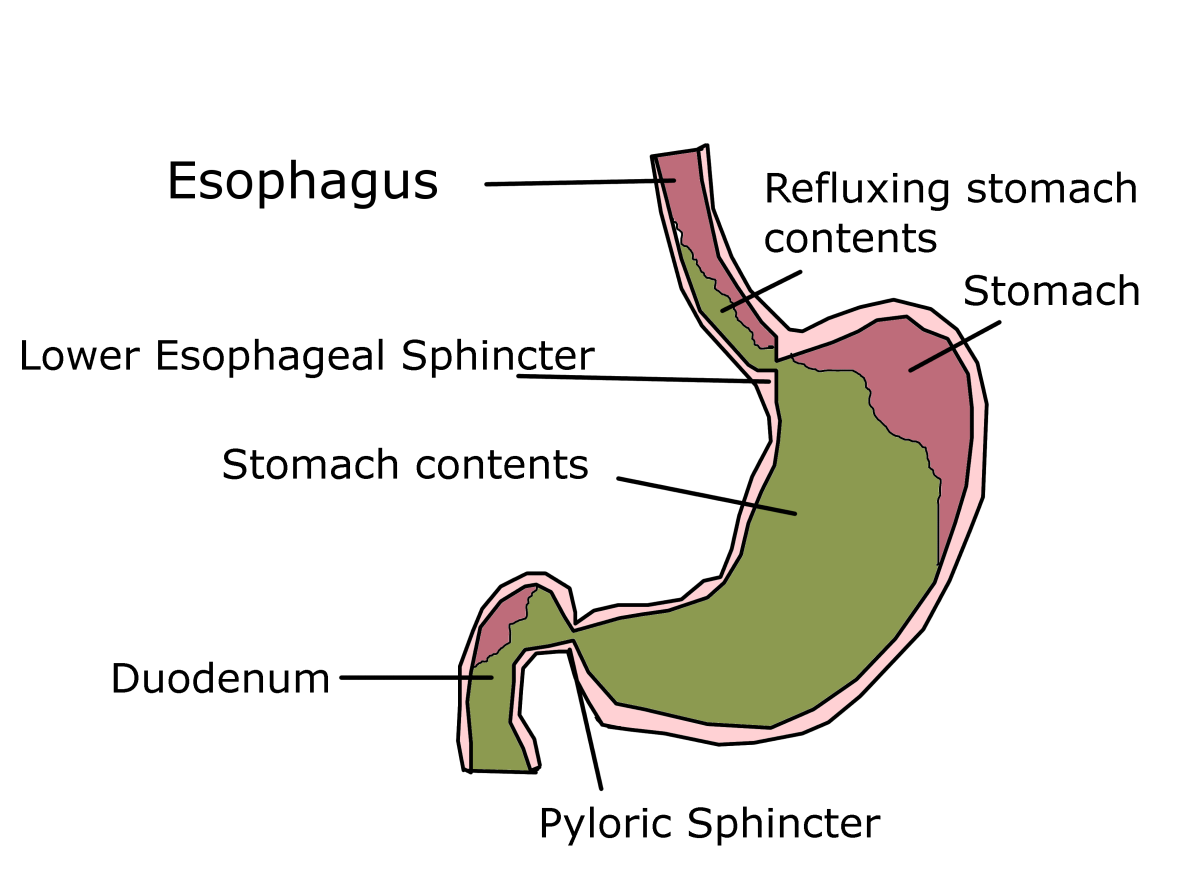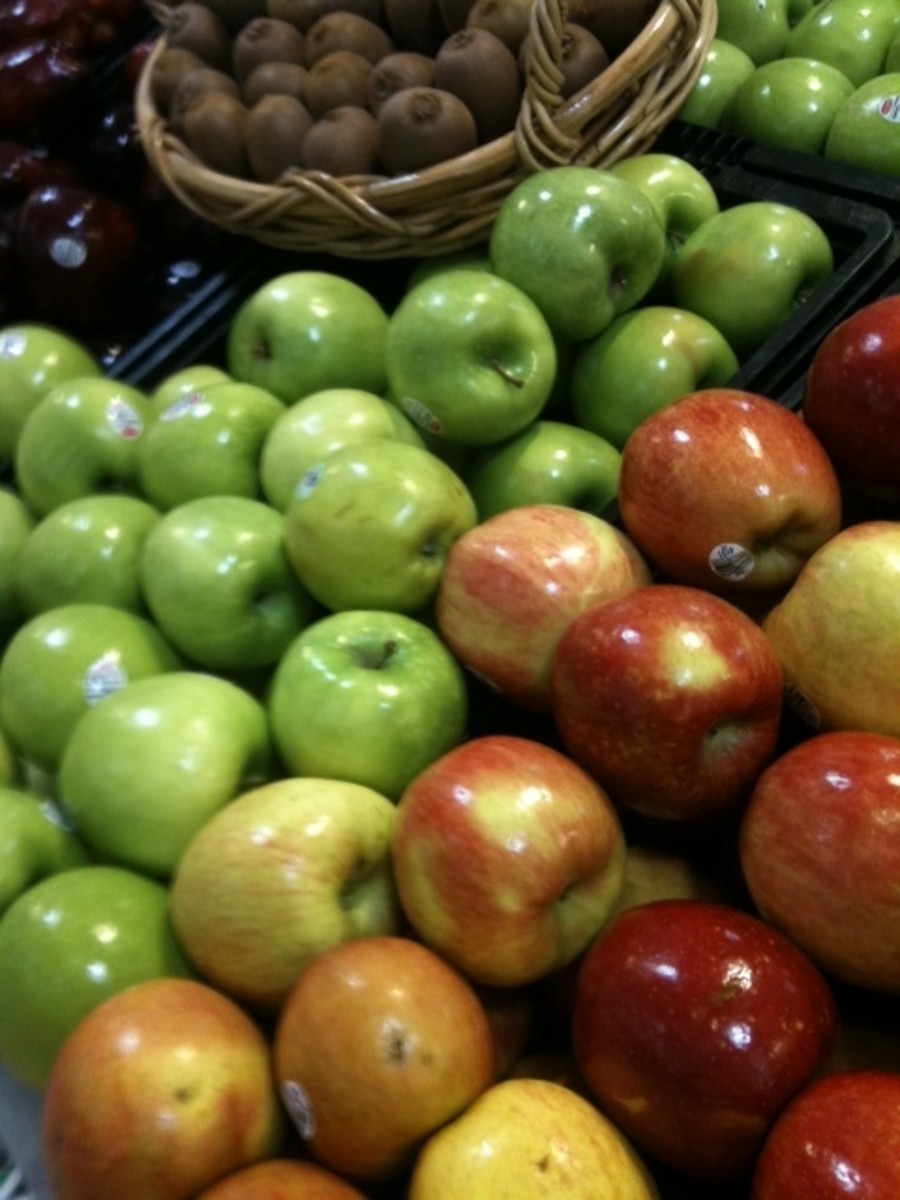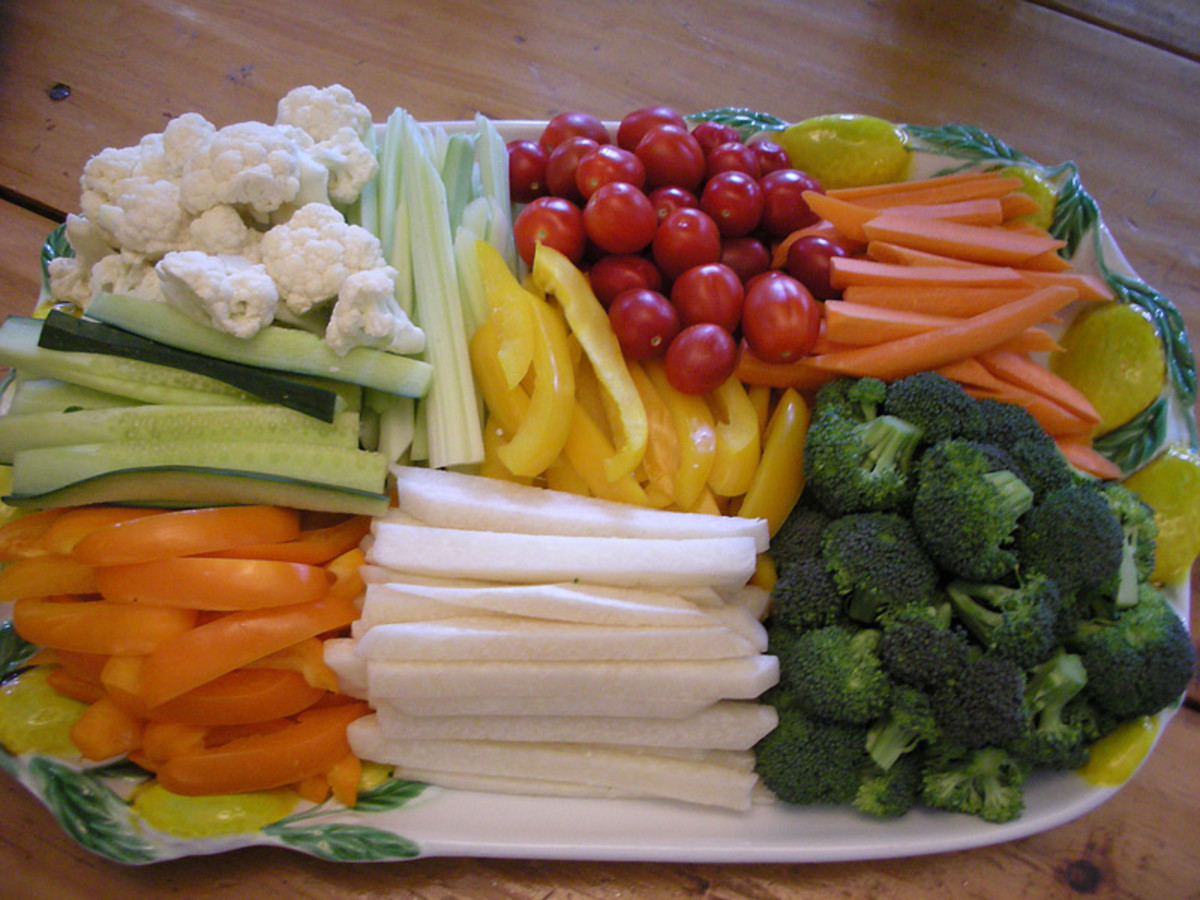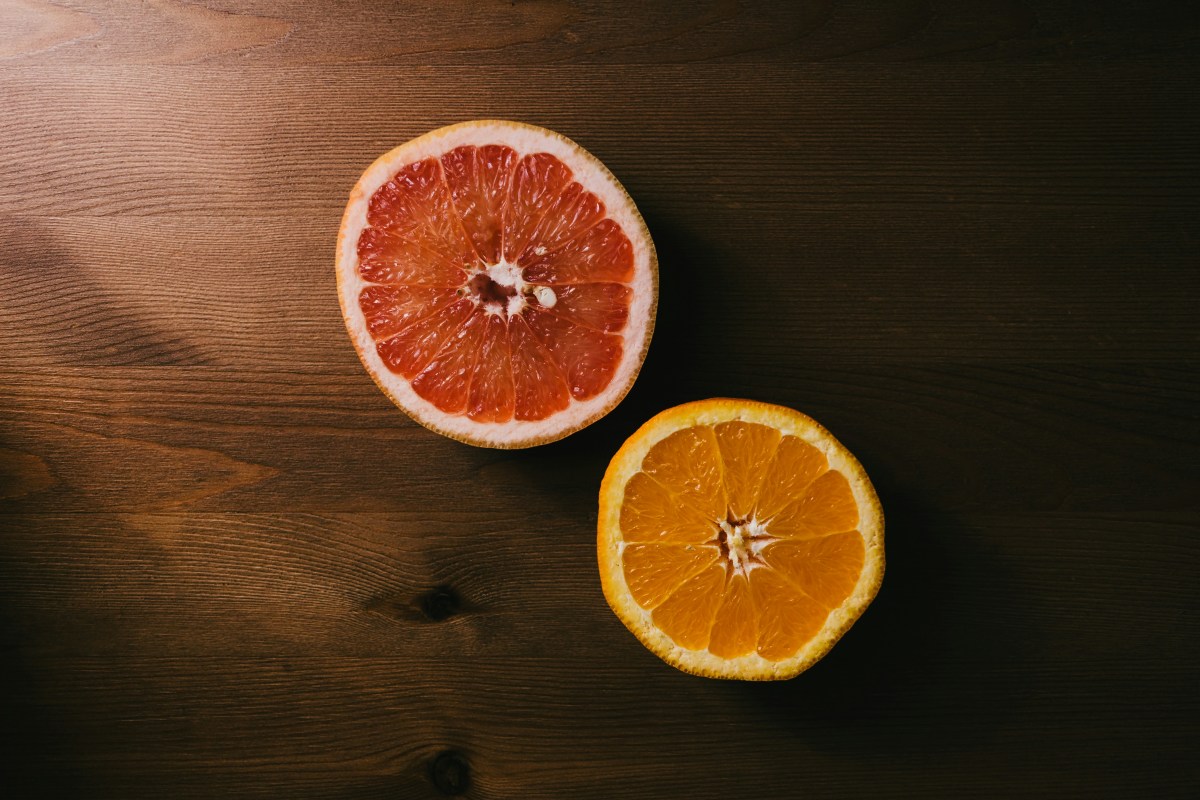Herbal Supplements That Can Interact Negatively With Your Prescription Medication

How Herbs Can Be Dangerous
Herbal supplements have been in use since the dawn of human history. Knowledge of herbal medicine formed the basis of medical science centuries ago, and in many ways, it still does.
More than one third of today's powerful prescription medications are based on herbs or medicinal plants, so it is not surprising that these same medicinal herbs taken as herbal supplements to stave off a cold or improve memory can also have serious side effects or interact dangerously with your prescription medication, especially if you are over 55.
At best, an herbal supplement will simply lessen or cancel out the effects of the medication your doctor has prescribed. At worst, it can have serious, life threatening side effects or set the stage for a dangerous medical emergency.
In the last twenty or thirty years, herbal supplements have become big business, and what is called " standardized extracts" of herbs, which are many times more potent than the ordinary plant, are sold online and in health food stores to heal and cure everything from insomnia to old age ( just kidding). It is these extracts which pose the greatest danger, especially to seniors whose bodies are more vulnerable and who are more apt than younger adults to be taking prescriptions for chronic illnesses such as asthma, heart disease, high blood pressure, glaucoma or diabetes with which herbal supplements could potentially interfere.
Herbal Teas and Whole Herb Capsules
Though powerful herbal extracts are the major concern, you should take care when using herbal teas and infusions or taking capsules of whole herbs as well, as in sufficient quantity these can also cause problems. A recent article in the AARP newsletter quotes an AARP Public Policy Institute survey of people age 50 and older which found that 59% of them had used supplements in the previous month and 52% of them took them daily. Less than half of the respondents said they talked to their doctors about the pills they took.
Here's the deal, garlic capsules are much much stronger than the clove of garlic you cook with. Take enough of them and if you are also taking an anti-coagulant blood thinner. You could theoretically bleed to death if you took a fall or got in an auto accident because your blood would not clot. The bottom line is that all herbal supplements of any kind need to be used with caution and common sense, especially when it comes to mixing them with prescription drugs.
It also goes without saying that children, pregnant women and nursing mothers should not take herbal extracts except under a doctor's supervision, but it is also true that all of us should periodically review any and all vitamins and herbal supplements we are taking. Just because we pick them up over the counter at the supermarket or pharmacy, does not mean that they are harmless placebos. Herbs are medicine too and can be very powerful.
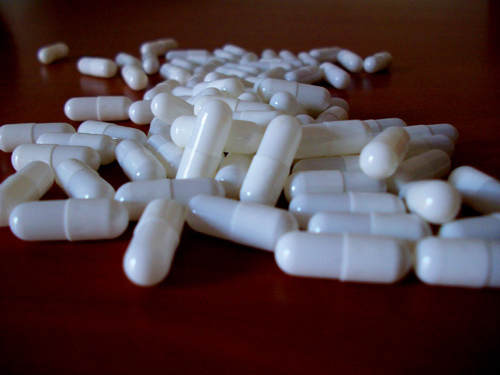
Dangerous Interactions
Here's an overview of some of the herbs and herbal extracts that can have dangerous interactions with prescription medicine or exacerbate certain conditions, particularly in people over 55.
- Ginsing has been used for thousands of years, particularly in Asia, to increase energy and concentration, as an anti-aging potion and as a male aphrodisiac. However, it can interact negatively with diabetes medications, reduce concentrations of the anti-coagulant drug, Coumedin, and also reduce the effectiveness of some anti-depressants.
- Kava Kava is a sedative herb used as a tea or in capsules. It is often used effectively for anxiety and insomnia. It should not be used by people taking anti depressants and it also has been shown to cause liver damage, including hepatitis and liver failure, in vulnerable people. It has a soporific effect which can make driving or operating heavy machinery dangerous, especially for older people. Use it carefully.
- St John's Wort , often seen as a natural anti-depressant, is a potentially dangerous substance that can reduce the effectiveness of a number of prescription medications including blood thinning drugs, certain asthma medications, and many cancer drugs. It also interferes with the effectiveness of prescription antidepressants.
- Licorice Root Licorice root tea is often used as a digestive aid. In capsule form, this herb is used as a natural treatment for stomach ulcers, sore throat and cough, It is also considered a digestive aid to aid bowel function. But be careful. Regular use can cause high blood pressure and water retention which can be especially dangerous for anyone with heart disease or high blood pressure.
- Garlic Capsules are useful for everything from controlling high blood pressure to preventing tick bites, but in high doses, garlic can be a blood thinner and can interact with blood thinning drugs to create a serious risk of hemorrhage.
- Aloe Vera used externally can help minor burns ( I keep a plant in my kitchen) and is perfectly safe, but taken internally, it is a powerful laxative that can interact negatively with blood sugar lowering medicines used to treat diabetes.
- Ginger Many people take ginger capsules or drink ginger tea to help motion sickness or nausea of any kind. Ginger is also commonly used to treat joint pain and indigestion but in large doses, it can interact negatively with a wide variety of drugs including blood thinners, barbiturates, beta-blockers, and insulin,
- Ginkgo biloba is often used to improve memory and concentration. It too is a blood thinner. Here is a list of drugs it can potentially interact withAspirin, warfarin (Coumadin), ticlopidine (Ticlid), clopidogrel (Plavix), dipyridamole (Persantine)
- Ephedra( Ma Huang) is used to treat respiratory problems, colds and allergies and as a female tonic. It is an ingredient in many over the counter cold remedies. It works by stimulating the nervous system and can cause irrlegular hearbeat and insomnia among other things. It should be used with caution and not by anyone taking MAO inhibitors( serious high blood pressure can result) or diuretics, beta-blockers, or [ACE] inhibitors) because Ephedra can interfere with the effectiveness of these drugs.
A Growing Problem
As the sheer number and variety of both pharmaceuticals and herbal supplements grows, the chance of a dangerous interaction occurring multiplies exponentially. It is a growing problem for physicians and pharmacists as well as patients. In addition, while prescription medicines are manufactured according to exacting standards and monitored closely, Herbal supplements can vary greatly in terms of the percentage of active ingredients the contain as well as what else is in them. They are not subjected to the same rigorous tests and standards as pharmaceuticals which can create problems for people taking them as medicine for specific conditions.
The bottom line is that, whatever your age, but particularly if you are 55 or older, you need to find out everything before you start a new health regimen of any kind. . Before you order a vitamin or herbal supplement online or start taking something on the advice of a friend, do your homework and consult with your doctor or pharmacist to find out what, if any, effect any herbal supplements you take will have on your health as well as how they might interact with any prescription medications you now take. Herbal supplements and prescription medications can both be powerful life enhancers or potential killers, depending on how intelligently they are used.
Everything has consequences. Everything has side effects. Make sure you are making an informed choice before you put anything in the way of medicine into your body.
Web Resources for Herbal Supplement Information
- Herbal supplements: What to know before you buy - MayoClinic.com
Herbal supplements aren't right for everyone. Get the facts before you buy. Impartial advice from the Mayo Clinic - Dietary Supplements May Cause Harmful Interactions with Prescription Drugs - AARP
Are you taking "natural" supplements? If so, make sure to check with your doctor to make sure they're not interfering with any prescrition drugs you may be taking. - MedlinePlus: Drugs, Herbs and Supplements: MedlinePlus
MedlinePlus database-- Learn about your prescription drugs and browse dietary supplements and herbal remedies in this extensive NIH sponsored database - Herbal Supplement Sellers Dispense Dangerous Advice, False Claims: Scientific American
Undercover government employees received consistently false information when shopping for supplements, and analyses show most supplements contain trace amounts of contaminants


